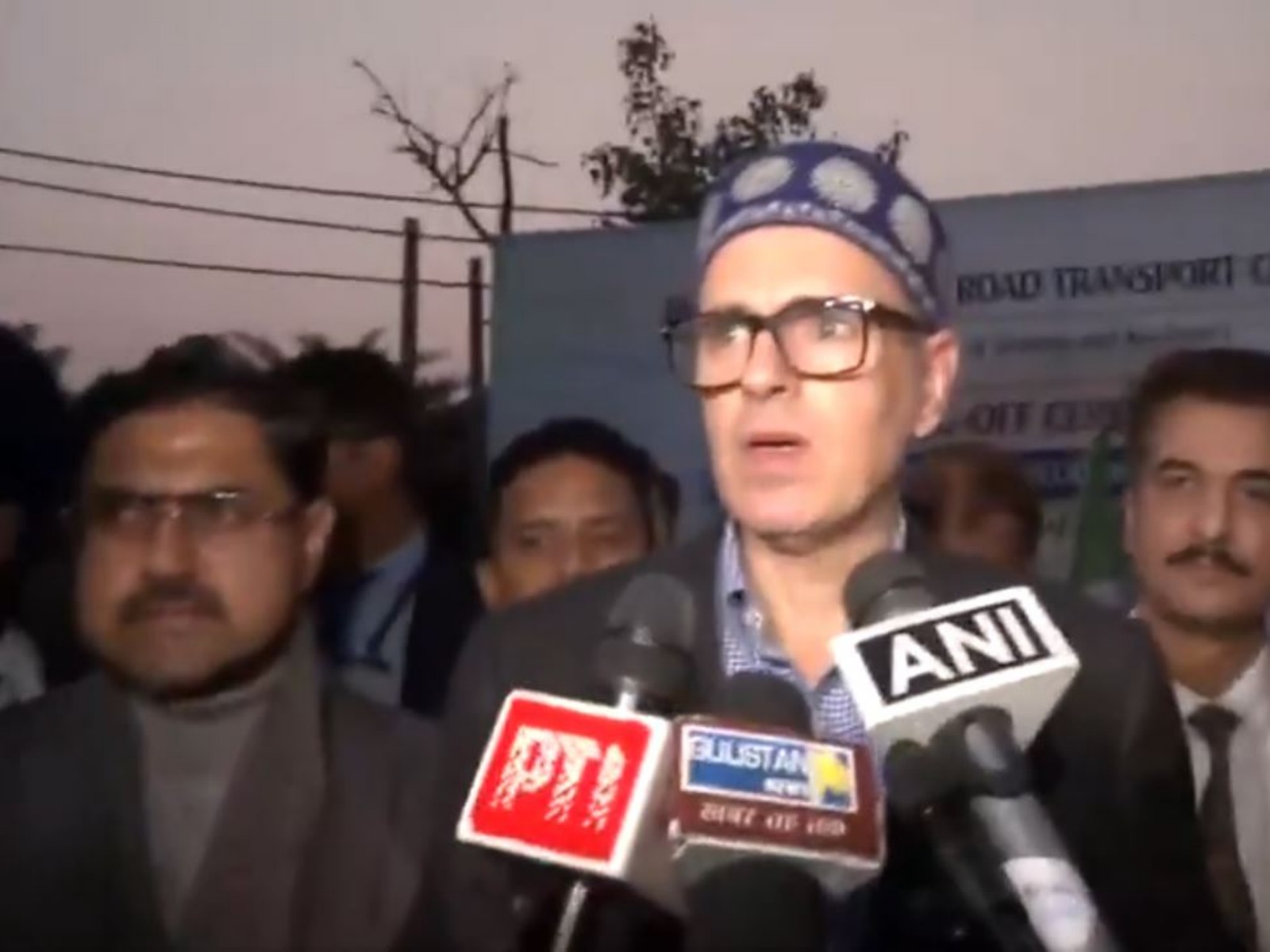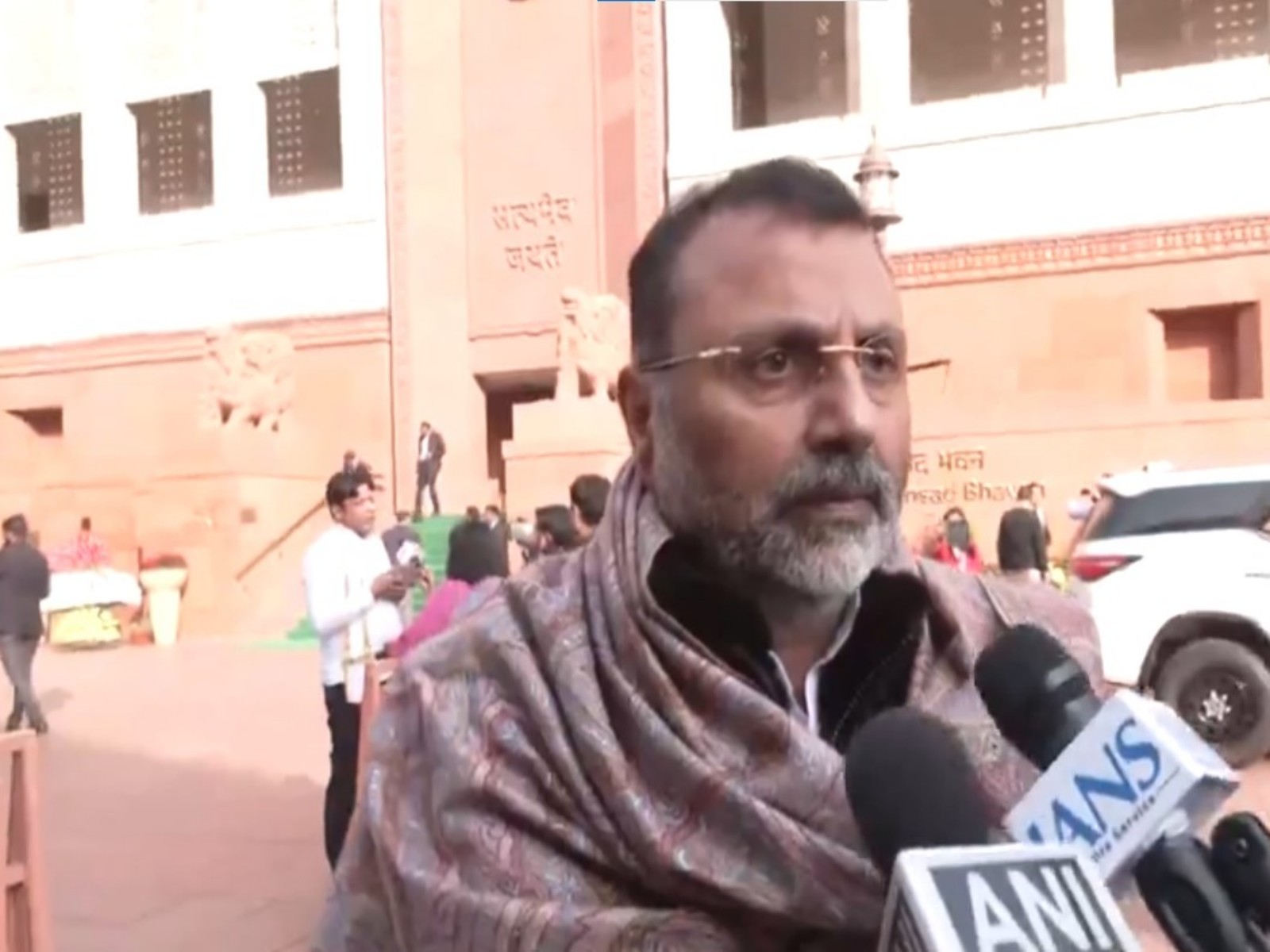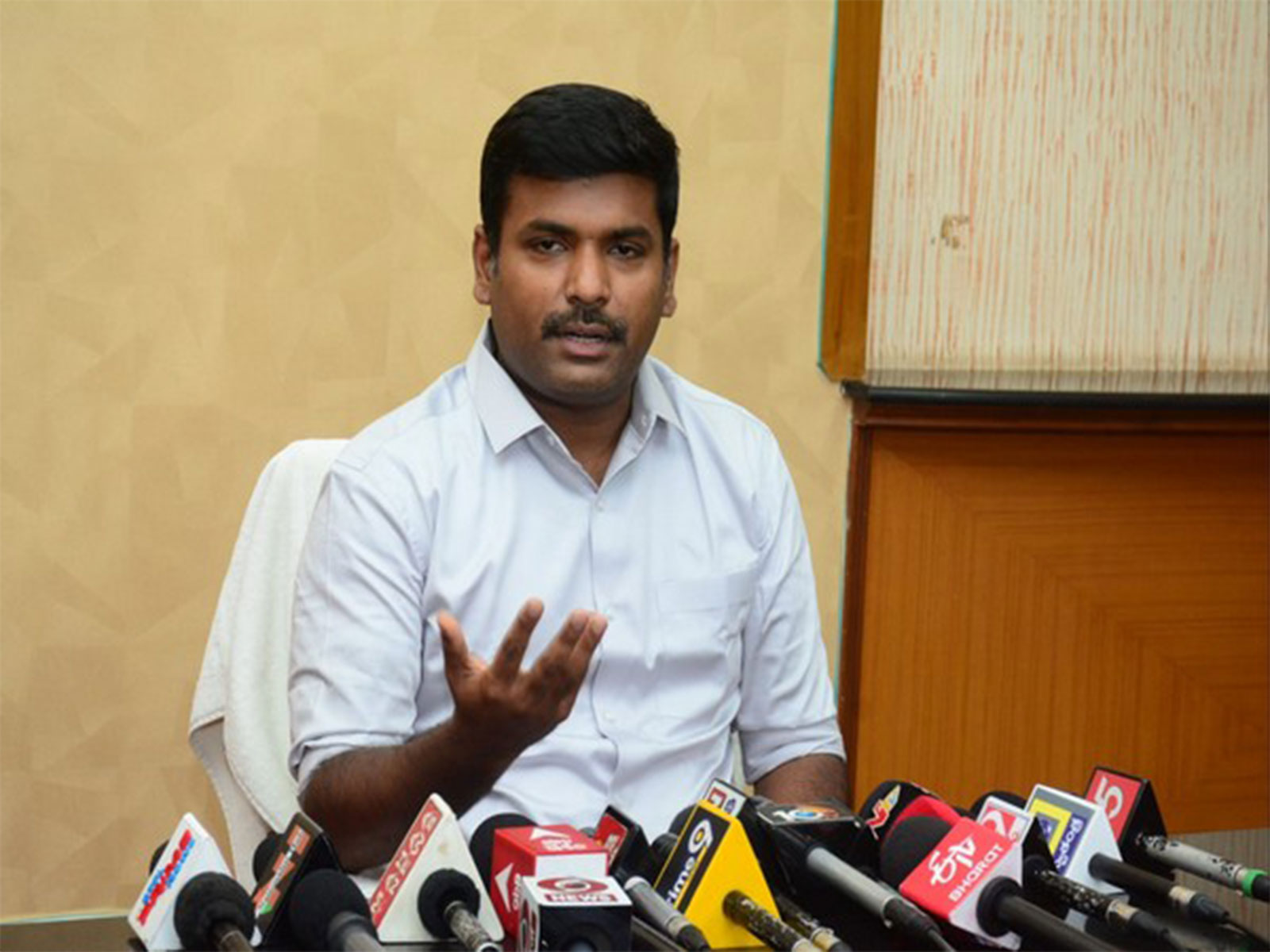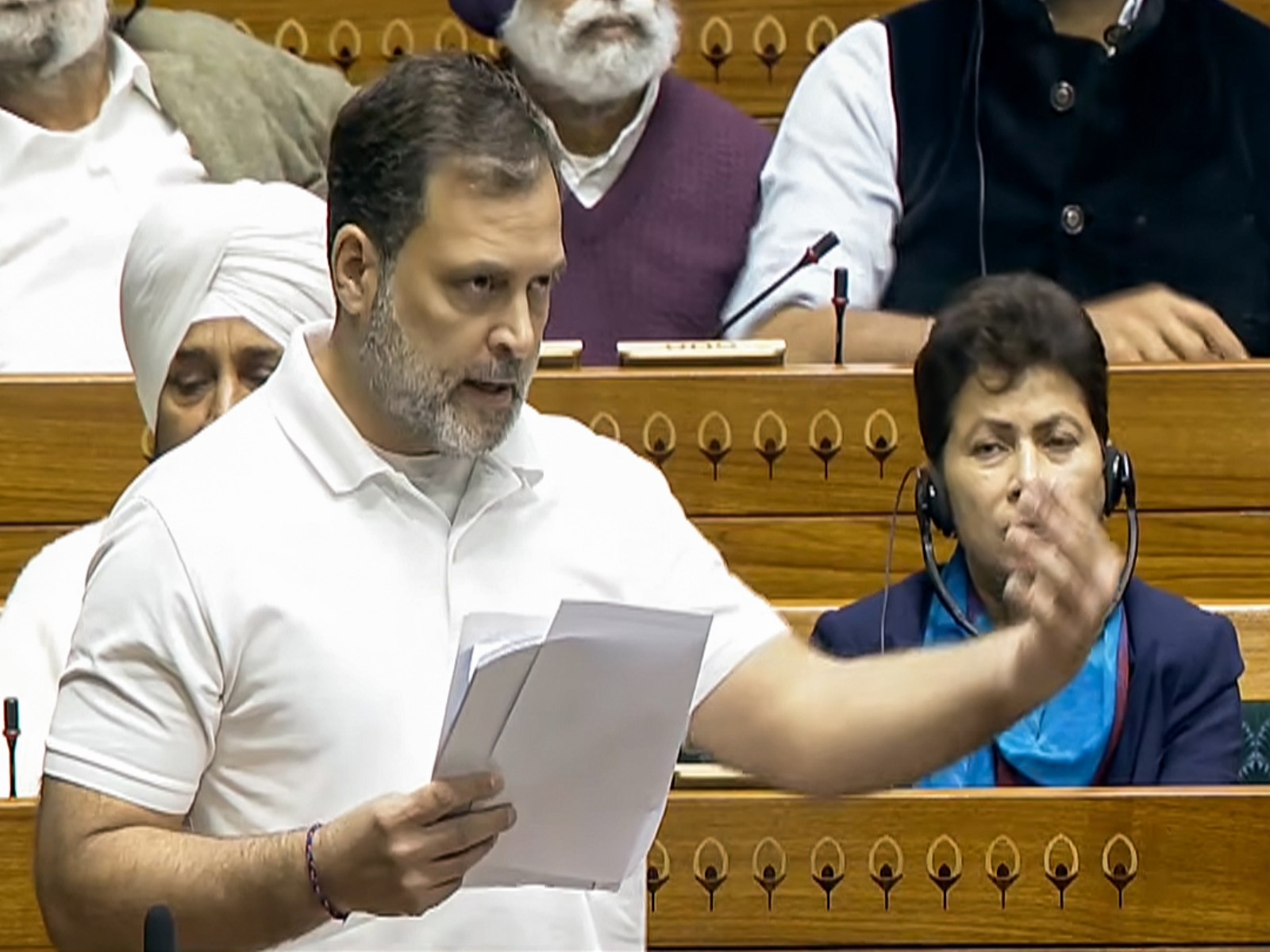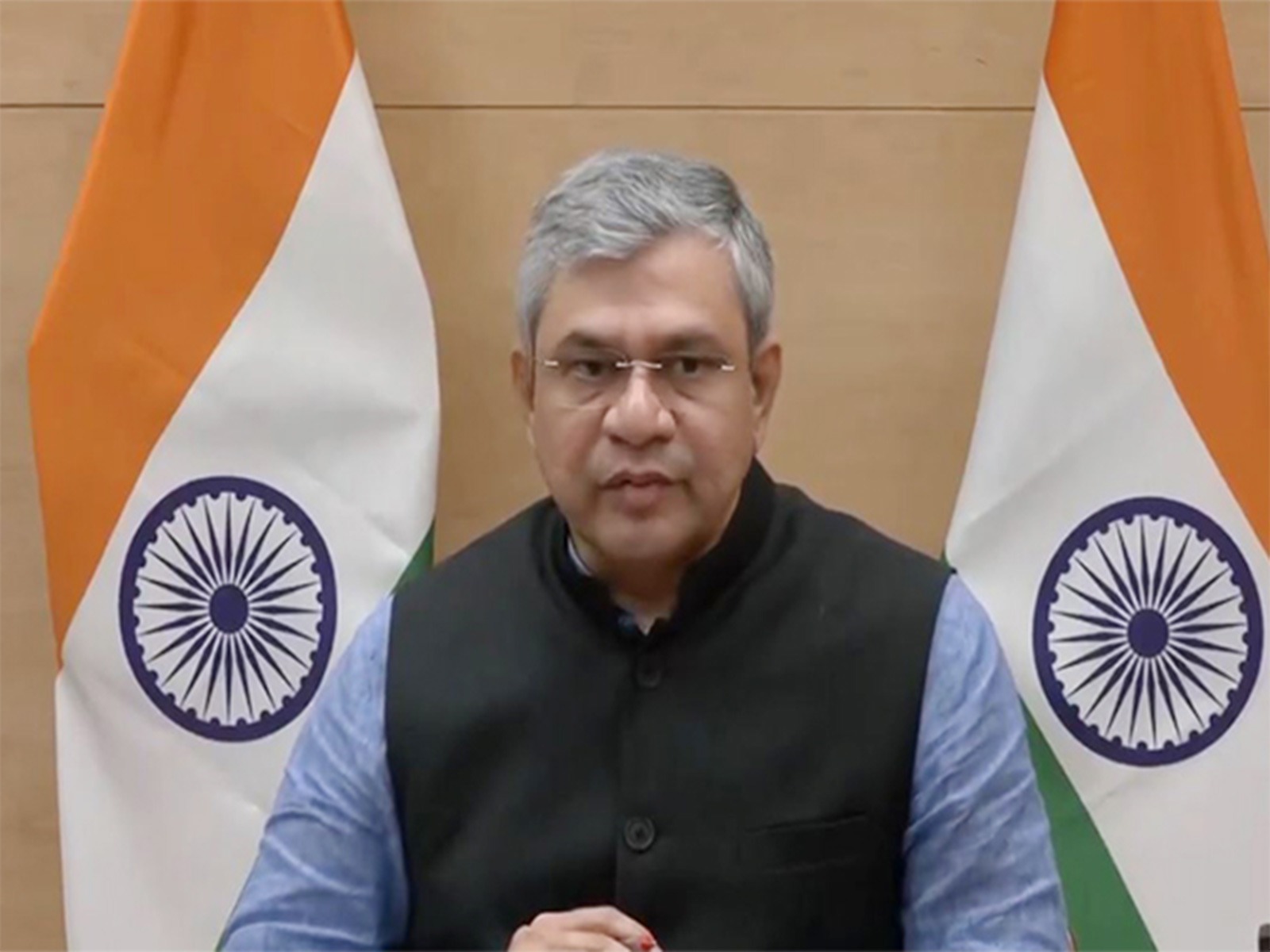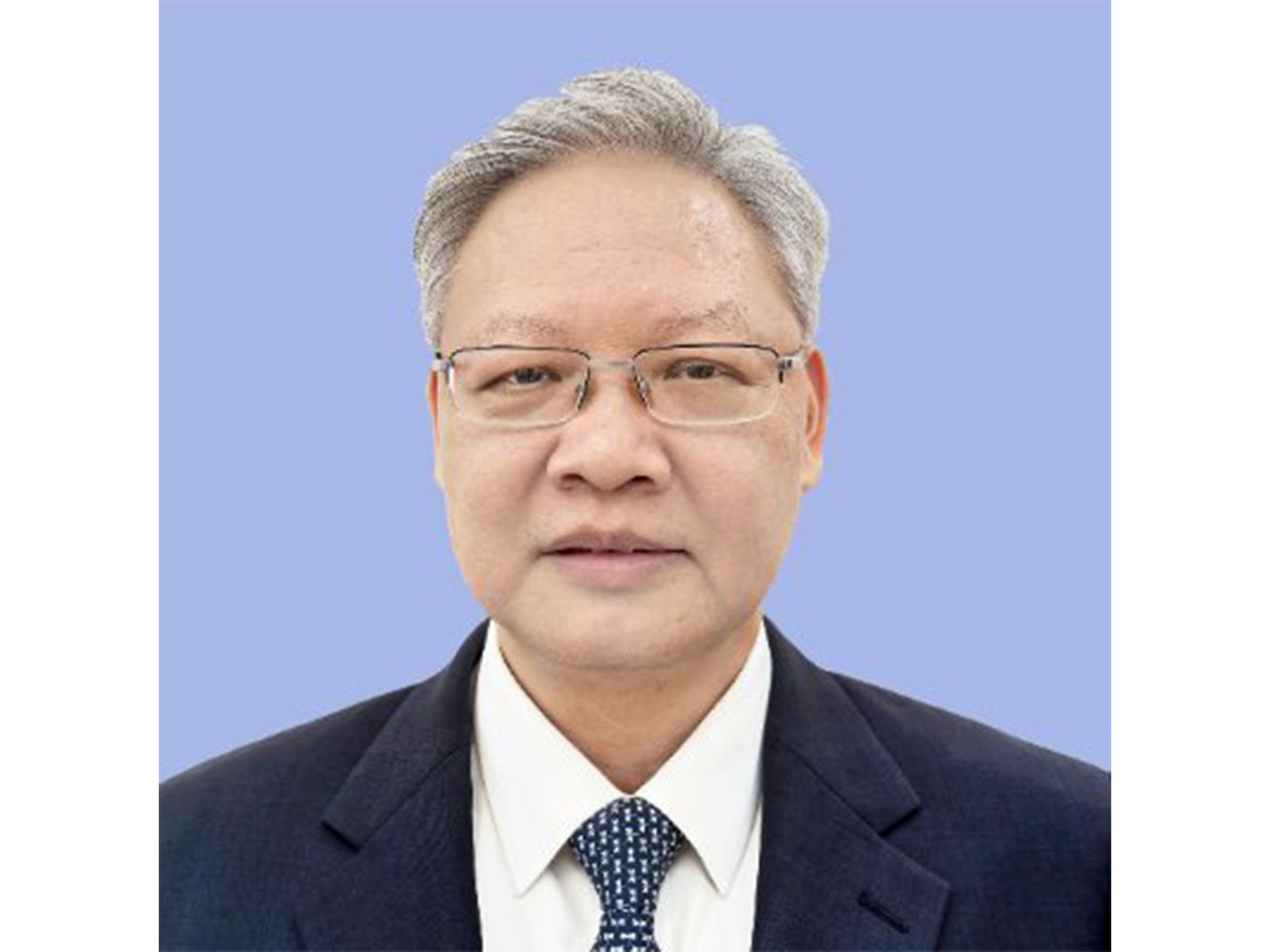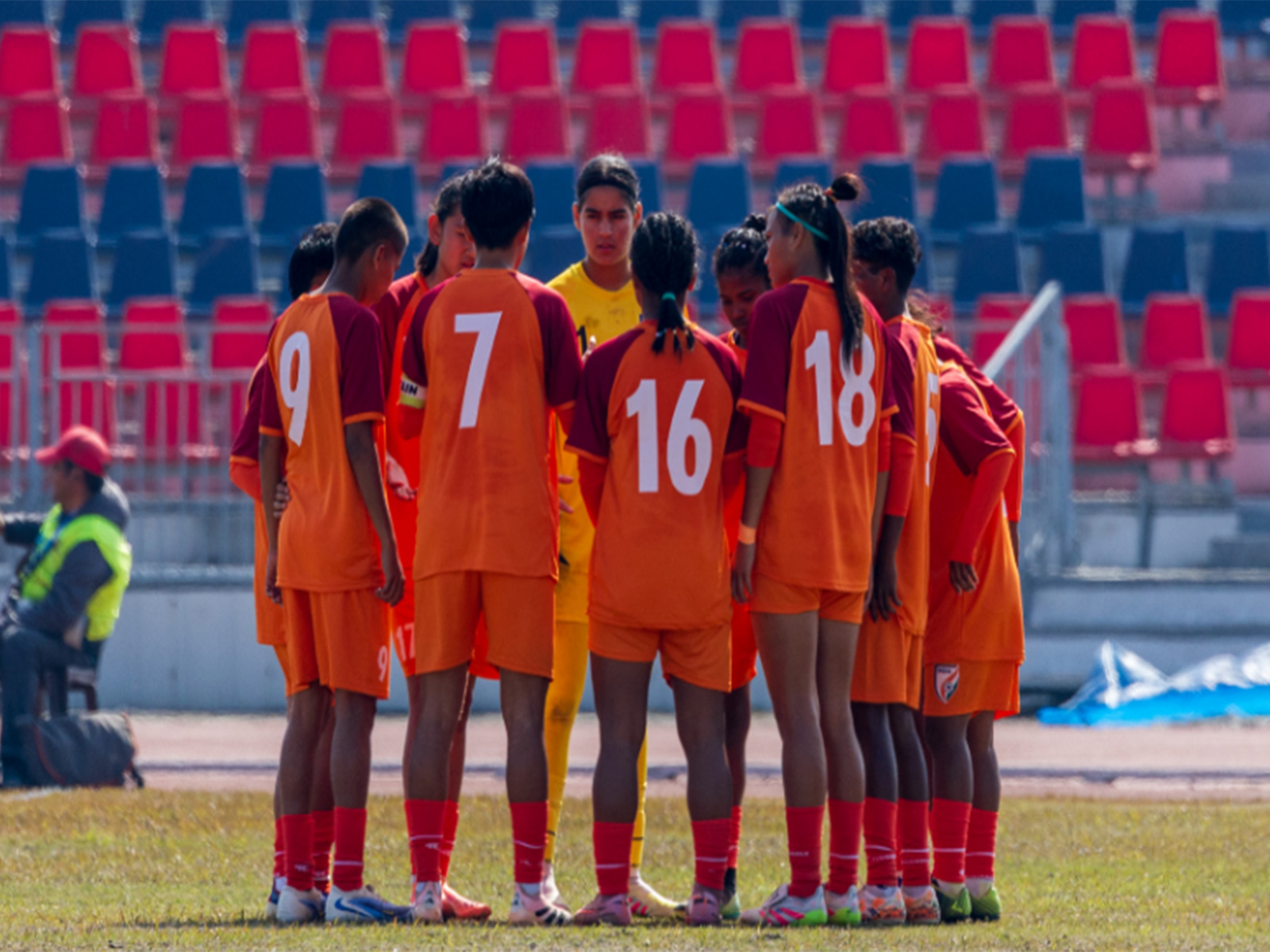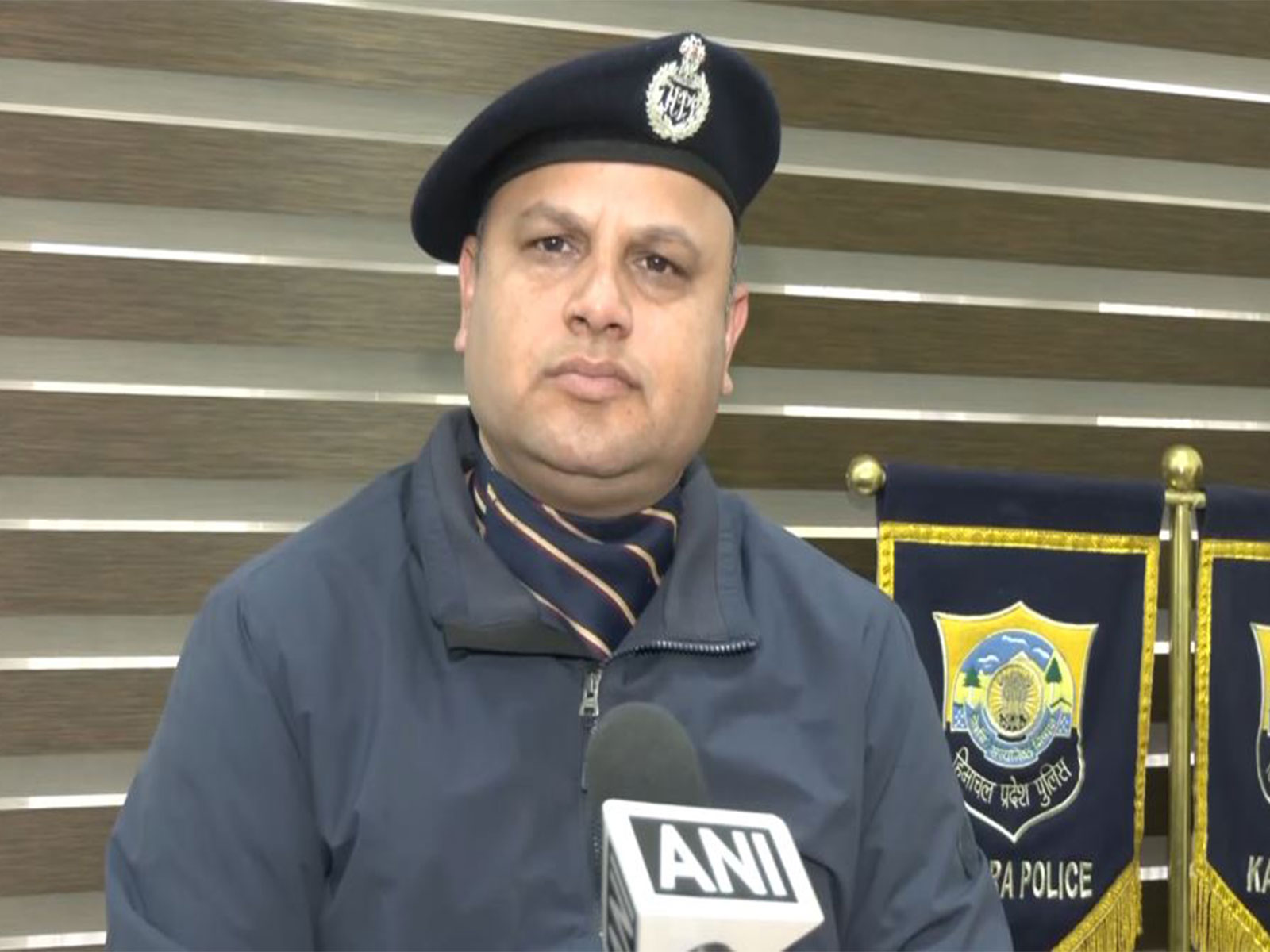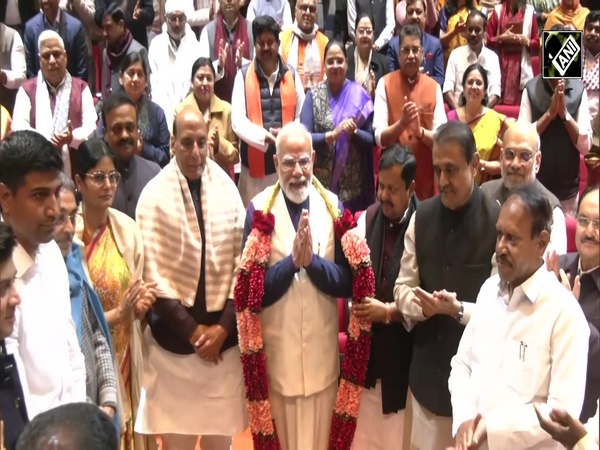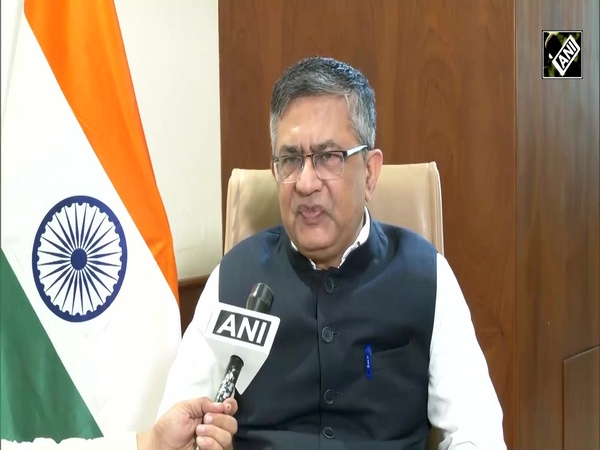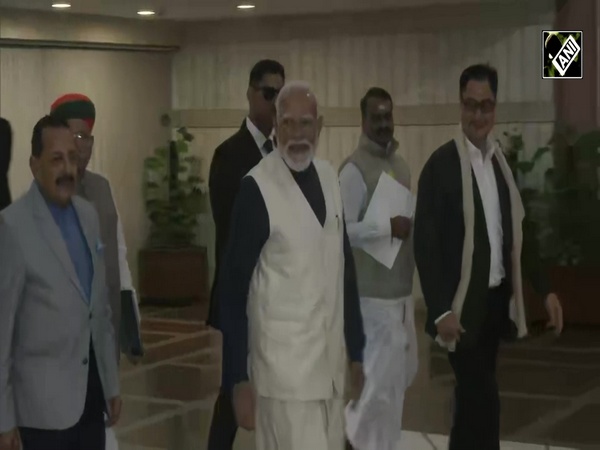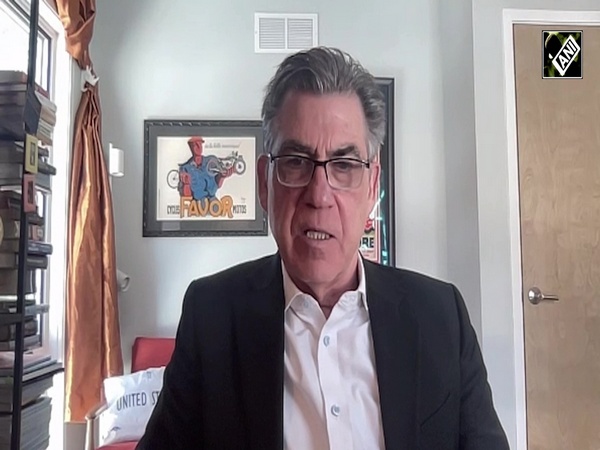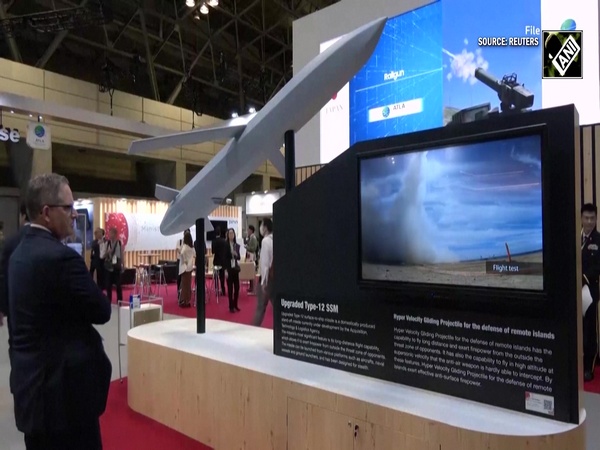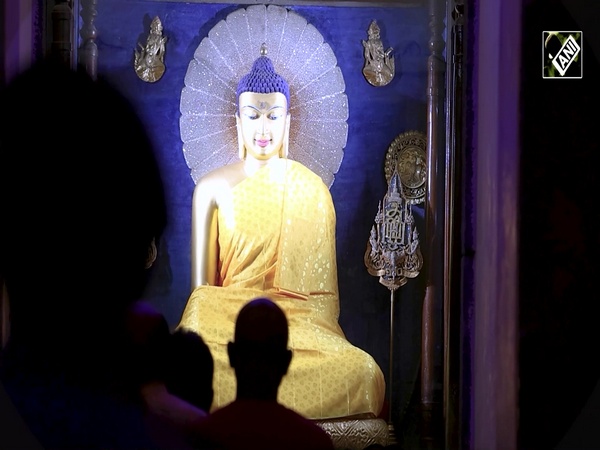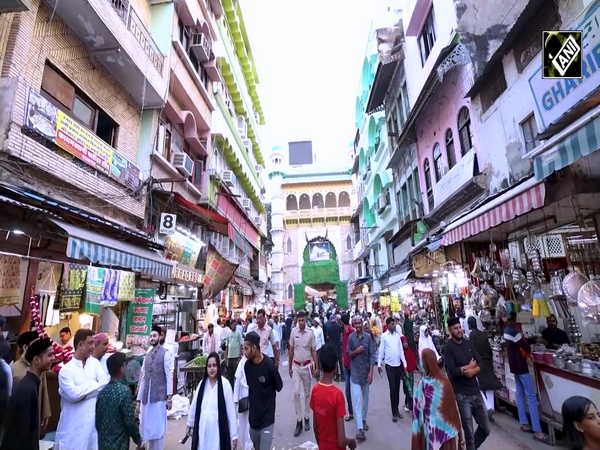Private participation to see introduction of 151 modern trains in passenger services after selection process
Jul 08, 2020

New Delhi [India], July 9 : The 109 origin-destination pair of routes, for which Railways has invited "Request for Qualifications" for private participation in passenger services, have been formed into 12 clusters with two proposed clusters at Delhi and Mumbai and one each at Secunderabad, Chennai, Howrah, Jaipur, Prayagraj, Chandigarh, Bengaluru, and Patna, officials said.
The Railway Ministry earlier this month invited RFQ for private participation for the operation of passenger train services over 109 OD pairs of routes through the introduction of 151 modern trains (rakes). Each train will have a minimum of 16 coaches.
The 151 trains will be "over and above the already existing trains" and will operate on routes where the demand for trains is already more than the existing capacity.
The project, the first initiative of private investment for running passenger trains over Indian Railways network, would entail private sector investment of about Rs 30,000 crore.
The private entity will pay to Indian Railways fixed haulage charges, energy charges as per actual consumption and a share in gross revenue determined through a transparent bidding process.
The officials said that the Railways is expected to receive total haulage charges of around Rs 3,000 crore per annum from the operation of these 151 trains.
Bidders quoting highest share in gross revenue shall be awarded the project. Trains will be run by private operators once the selection process is over would be beyond the already existing trains.
The new train services would be operated on the Indian Railway network where at present both passenger and freight trains are being operated on the common track.
A Railway Ministry release said that major trunk routes are saturated and operate at near full capacity. However, with planned commissioning of Dedicated Freight Corridors in 2021 and other infrastructural works, there would be the availability of additional paths for the operation of additional passenger services and it would be possible to run additional services utilizing modern trains proposed in the current initiative.
It said that the Indian Railways network is about 68,000 route kilometres. In 2018-19, the reserved passenger volume was 16 per cent (0.59 billion) of the total originating non- suburban passengers (3.65 billion) and almost 8.85 crores of waitlisted passengers could not be accommodated.
The private entities for undertaking the project would be selected through a two-stage competitive bidding process comprising Request for Qualification (RFQ) and Request for Proposal (RFP) for submitting the final bid.
While the finalisation of RFQs is expected to take place by November this year, the bidders are expected to be selected by April next year. RFQ process will be for pre-qualification and shortlisting of the bidders.
Twelve trains are expected to be introduced in 2023-24, 45 in 2024-25, 50 in 2025-26 and 44 in 2026-27.
The trains shall be designed for a maximum speed of 160 km per hour and there would be a reduction in journey time by around 10-15 per cent at 130 kmph and around 30 per cent at 160 kmph.
The running time taken by a train will be comparable to or faster than the fastest train of Indian Railways operating in the respective route.
The trains will be operated by the driver and guard of Indian Railways. The concession period for the project is 35 years.
Operation and maintenance of the passenger trains would be governed by standards and specifications and requirements specified by Indian Railways. The operation of the trains by the private entity shall conform to the key performance indicators like punctuality (95%), reliability (not more than one failure for one lakh km of travel) and upkeep of trains.
The driver and guard of the trains will Railway officials and safety clearance of trains will be done by Railways only.
The release said that the majority of trains will be manufactured in India under "Make in India". The private entity shall be responsible for financing, procuring, operation and maintenance of the trains.
"The objective of this initiative is to introduce modern technology rolling stock with reduced maintenance, reduced transit time, boost job creation, provide enhanced safety, provide world-class travel experience to passengers, and also reduce the demand-supply deficit in the passenger transportation sector," the release said.
